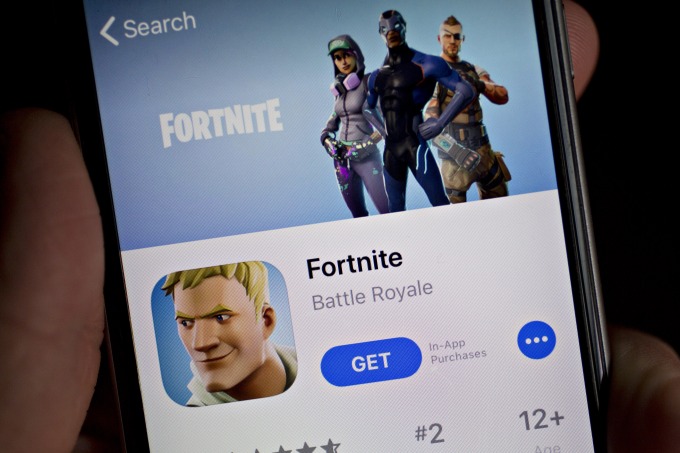Court orders Apple to implement App Store changes, 2022 forecast, TikTok tries gaming – TechCrunch
Welcome back to This Week in Apps, the weekly TechCrunch series that recaps the latest in mobile OS news, mobile applications and the overall app economy.
The app industry continues to grow, with a record 218 billion downloads and $143 billion in global consumer spend in 2020. Consumers last year also spent 3.5 trillion minutes using apps on Android devices alone. And in the U.S., app usage surged ahead of the time spent watching live TV. Currently, the average American watches 3.7 hours of live TV per day, but now spends four hours per day on their mobile devices.
Apps aren’t just a way to pass idle hours — they’re also a big business. In 2019, mobile-first companies had a combined $544 billion valuation, 6.5x higher than those without a mobile focus. In 2020, investors poured $73 billion in capital into mobile companies — a figure that’s up 27% year-over-year.
This Week in Apps offers a way to keep up with this fast-moving industry in one place with the latest from the world of apps, including news, updates, startup fundings, mergers and acquisitions, and suggestions about new apps and games to try, too.
Do you want This Week in Apps in your inbox every Saturday? Sign up here: techcrunch.com/newsletters
Apple lost its request to delay App Store changes

Image Credits: Andrew Harrer / Bloomberg / Getty Images
A federal judge ruled this week that Apple can’t push back the deadline to update its App Store policies, as previously ordered in the court’s decision on California’s Epic Games v. Apple lawsuit. Though Apple largely won that case when the judge declared that Apple was not acting as a monopolist (as Epic Games had alleged), the court sided with the Fortnite maker on the matter of Apple’s anti-steering policies regarding restrictions on in-app purchases.
The original ruling stated that Apple would no longer be allowed to prohibit developers from pointing to other means of payment besides Apple’s own payment systems. But Apple wanted that decision put on hold until its appeals case was decided — a delay that would have effectively pushed back the App Store changes by a matter of years.
The judge heard Apple’s requests for a stay on the injunction…




